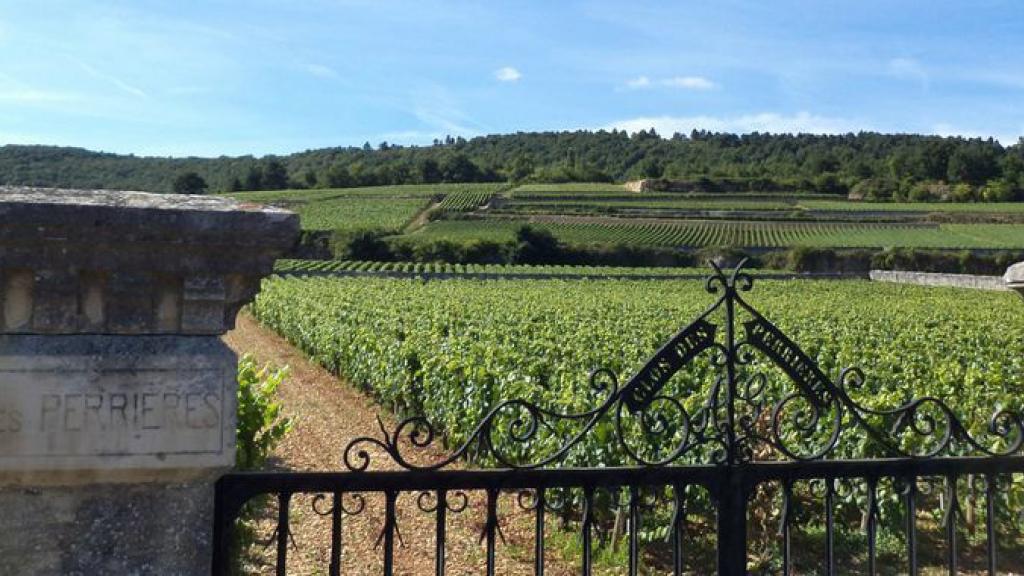This could be one of the great domaines of Meursault, especially with its substantial holding of Les Perrières and the monopoly of the Clos des Perrières, purchased by the original Albert Grivault in 1879. He built up an estate of 15 hectares, though he subsequently gave his holding of Meursault Charmes to the Hospices de Beaune. Other vineyards were later sold, including a hectare of Clos de Vougeot in 1931, and today the domaine consists of six hectares across five appellations - perhaps soon to be four as they have applied to have their hectare of Bourgogne Blanc upgraded to Meursault. Another proposal to upgrade the Clos des Perrières seems unlikely to succeed
Michel Bardet, grandson of Albert Grivault, has been running the domaine along with his sister, but the reins are being handed on to his daughter Claire and son Henri-Marc. The management of the vines is in the hands of various tâcherons, i.e other vignerons who are paid for the job they do rather than as salaried employees. The whites are bottled just before the next harvest after being matured in 20% new wood for the premiers crus. The red wine is aged in total for 18 months, having been vinified without stems. Domaine Grivault’s white wines are generally regarded as of a very high calibre, and are described as having a bright, acidic nature with astounding levels of clear minerality, although these traits reach their peak only after several years of aging.
Rather than dealing with the vines directly, Michel employs tâcherons to handle the physical aspect of the winemaking. The white wines are bottled just prior to the next harvest, having been matured in 20% new wood for the premier crus. The red wines are matured for 18 months, once they have been vinified with the stems removed.
Domaine Grivault regularly performs well amongst competitors, and when the French wine magazine Bourgogne Aujord’hui conducted a survey to find out the superior white wine of the white premier crus, Grivault’s Meursault ‘Clos de Perriéres’ came out on top.
The domaine is also trying to have its appellations upgraded in some cases, such as attempting to level its Bourgogne Blanc hectare up to Meursault, and, more ambitiously, proposing that its Clos des Perriéres deserves Grand Cru status.
